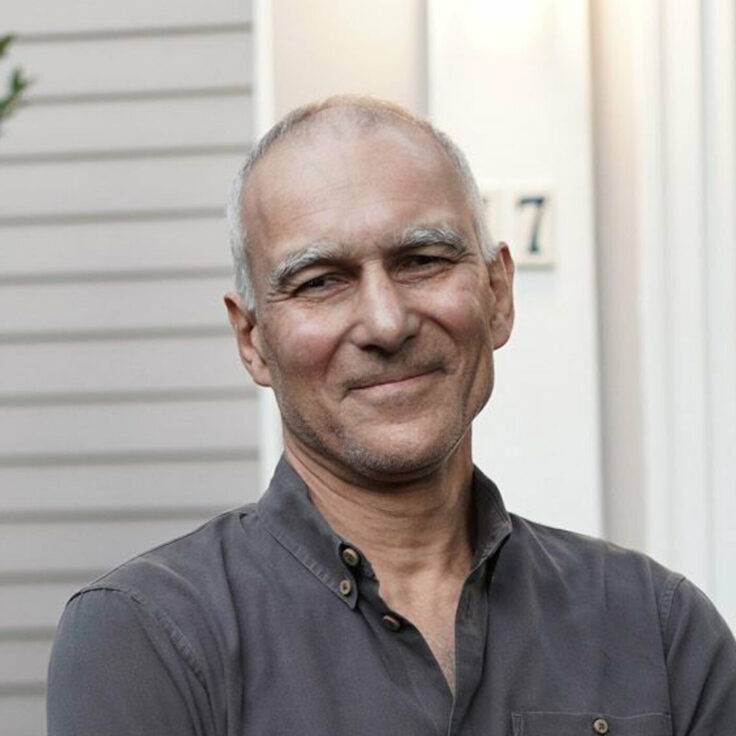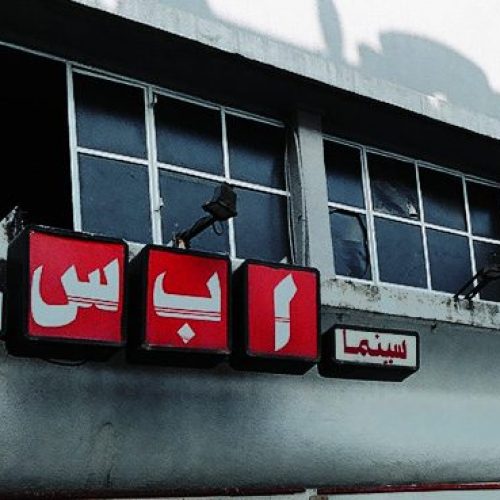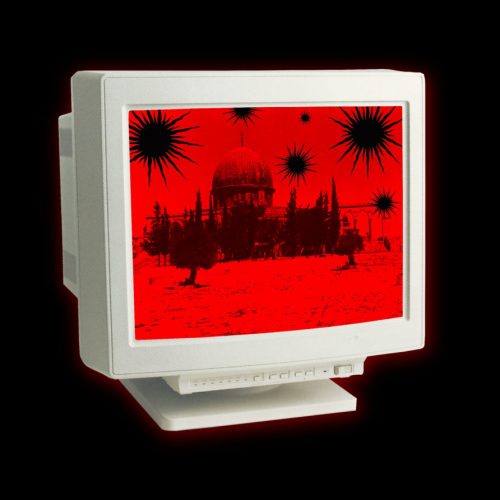Few distinctions in this world have the same levels of prestige or weight as the Nobel Prize. Awarded annually in five disciplines since 1901 (six since 1968), each year, an esteemed jury rewards “those who, during the preceding year, have conferred the greatest benefit to humankind” in the fields of physics, chemistry, medicine, literature, economics, and peace. As the organizing body has just unveiled the names of this year’s recipients, we are proud to note that one of them happens to hail from our dear region, namely Moungi Bawendi, who was just decorated for his co-discovery and development of quantum dots.
Etching his name right by some of the world’s most respected and esteemed scientists of all time, the French-born Tunisian MIT professor is the latest laureate of the Nobel Prize in chemistry for being a pioneer in the world of particles, recognizing his contributions in the domain alongside those of Louis Brus and Alexei Ekimov.
“For a long time, nobody thought you could ever actually make such small particles,” said Johan Aqvist, the chair of the Academy’s Nobel committee for chemistry at the press conference revealing the names of this year’s recipients.
In layman’s terms, the US-based trio of chemists are being acknowledged for having brought advances on the smallest components of nanotechnology which can now “spread their light from televisions and LED lamps, and can also guide surgeons when they remove tumor tissue, among many other things.” According to the organization, this new scientific uncovering could contribute to the development of “flexible electronics, minuscule sensors, slimmer solar cells, and perhaps encrypted quantum communication,” which adamantly will transform substantial amounts of tech-centered industries as well as the lives of millions in ways we are probably yet to fully grasp.
As the protocol warrants, the recipients will have to split a cash prize of 11 million Swedish kronors ($1 million) with a reception scheduled for Dec. 10 in Stockholm— a date that holds special significance as it marks the anniversary of the founding scientist Alfred Nobel’s passing. What’s more, King Carl XVI Gustaf is expected to be present to personally confer the prestigious accolade upon the three laureates before an esteemed audience of distinguished guests, dignitaries, as well as other high-profile figures.
Chemistry is the third Nobel Prize to be revealed this season, following the earlier announcements of the medicine and physics awards. The forthcoming announcement for the literature, economics, and peace categories will close out this season’s series, all scheduled to be made public by Oct. 9.









